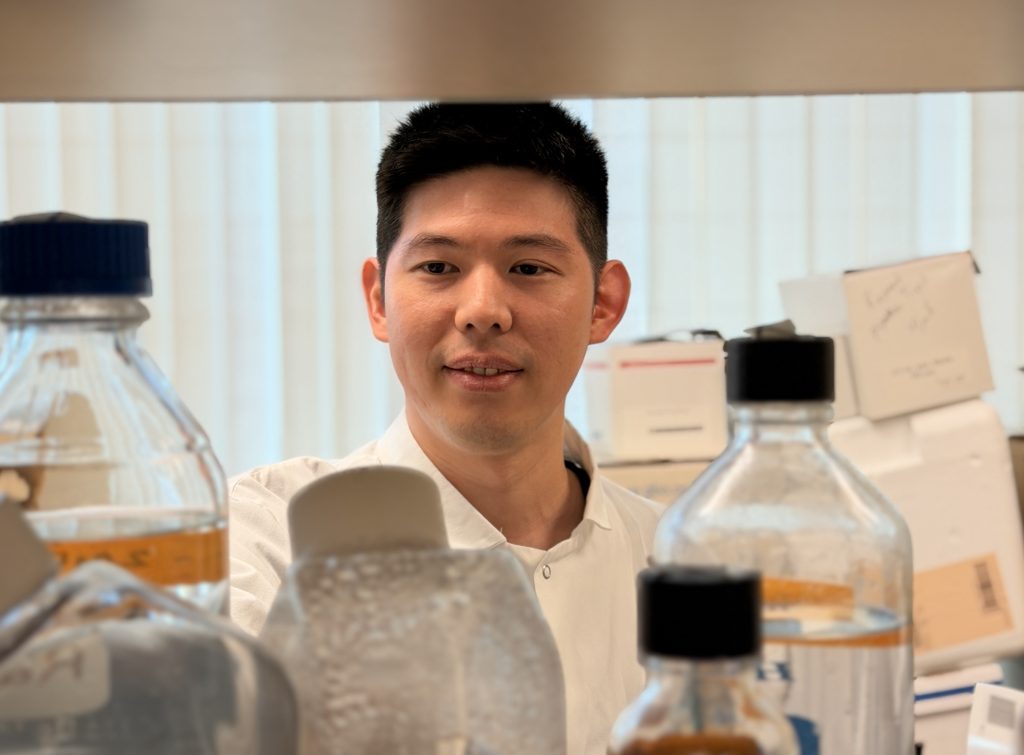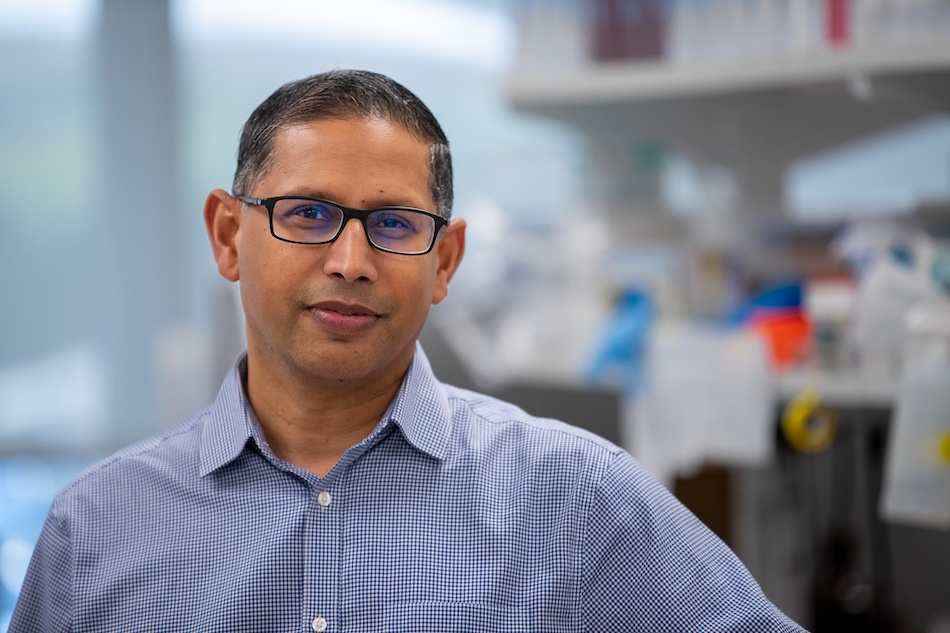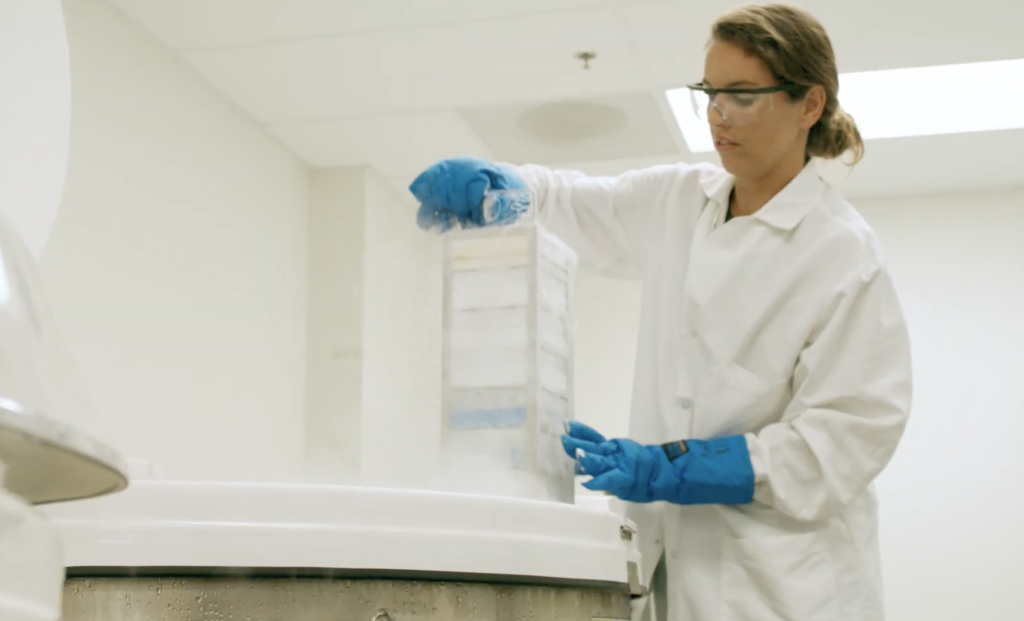LA JOLLA – Today, La Jolla Institute for Immunology (LJI) celebrated the opening of the John and Susan Major Center for Clinical Investigation. Thanks to a generous gift from local philanthropists, John and Susan Major, the new space will greatly expand the Institute’s capacity to collect human blood samples, which are vital to study allergies, vaccines as well as infectious, autoimmune and neurodegenerative diseases.
Over the past eight years, the demand for the services of such a clinical center has grown from just one research lab to include almost every lab at the Institute. In 2020, the importance of human blood samples in immunology research was more apparent than ever, according to Alessandro Sette, Dr. Biol.Sci., a professor in LJI’s Center for Infectious Disease and Vaccine Research. Dr. Sette co-authored several seminal studies that helped scientists understand and gauge the body’s immune response to SARS-CoV-2, newly emerging virus variants as well as COVID-19 vaccines.
“We have been crucially relying on the clinical core because they have been able to collect and process samples, which enabled us to measure in real time, what was going on in the immune system.” Dr. Sette further explained that as people are now being vaccinated, it is critical to obtain and process multiple blood samples quickly and simultaneously, so that scientists can analyze human immune responses post-vaccine as soon as possible.
The construction and opening of the clinical center in just a few short months is testament not only to the dedicated staff at La Jolla Institute who assumed the role of general contractor themselves, but also to the passionate support of donors John and Sue Major, who understand the ability of philanthropy to accelerate scientific research.
Mitchell Kronenberg, Ph.D., President and Chief Scientific Officer at LJI, has acknowledged how transformative this gift and expanded clinical center will be for the Institute’s research. “We are extremely grateful to the Majors. They are remarkable doers, people who just accomplish things and make it look easy,” he said. Dr. Kronenberg has overseen a lot of transformation at the Institute in his 18 years at the helm. “This center is very important because it’s outward facing, something we’ve never had before. Patients can be interviewed, have their history taken, and have their blood drawn and processed all right there.”
John Major himself spoke at the virtual opening celebration. “We are honored to be able to help,” he said. “The new center will strengthen the translation capabilities of the Institute and we are thrilled to be involved.” Major added, “The La Jolla Institute is the perfect place to find the solutions that will make its slogan – Life Without Disease – a reality.”
Dr. Sette summed it up, ”Having this infrastructure will allow us to expand investigations into dengue, Parkinson’s, allergies, cancer, autoimmunity, you name it. This will be a legacy that will last forever in allowing La Jolla Institute to tackle a broad range of human disease.”


